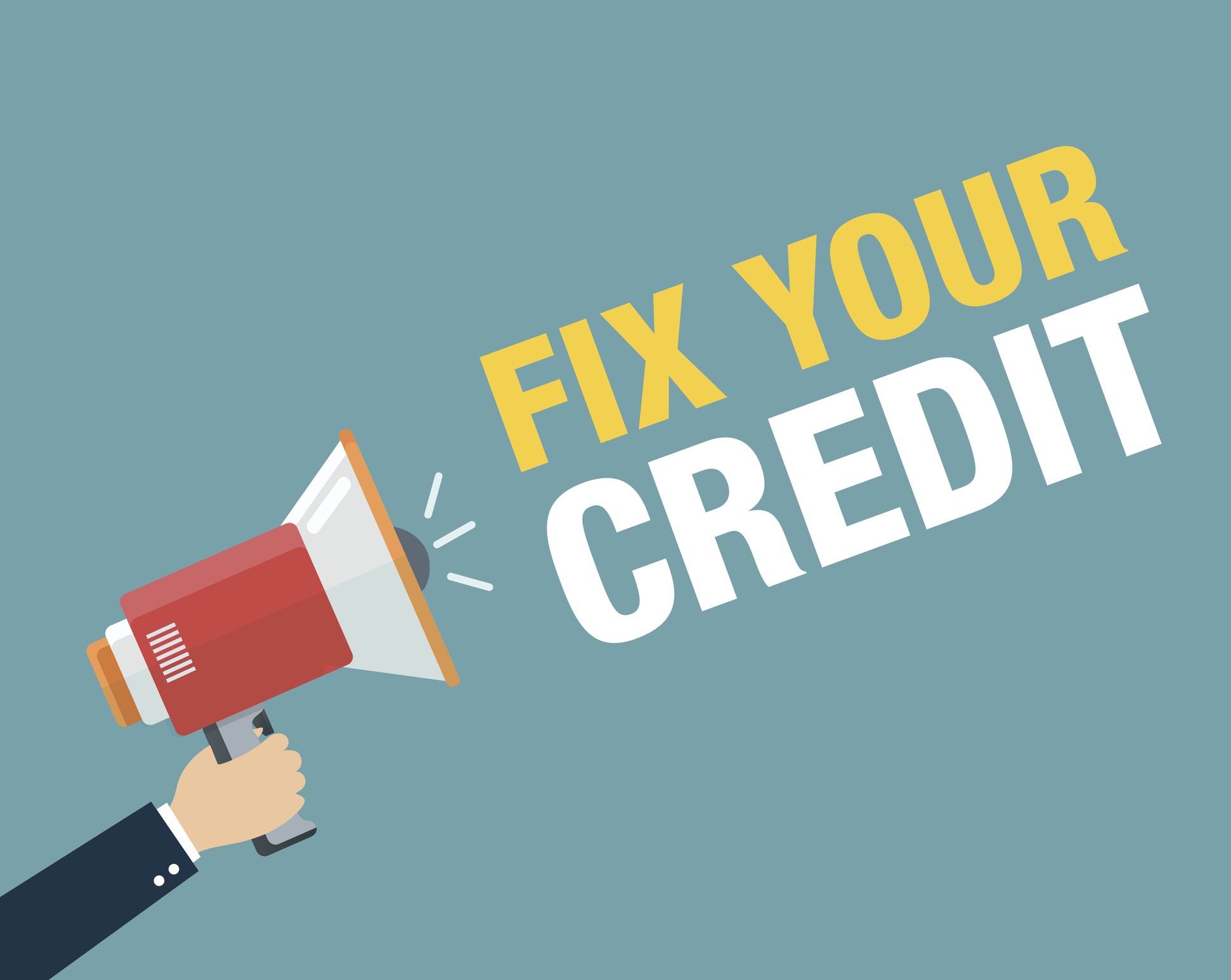
When it comes to improving your credit score, you may wonder if it’s legal to repair your own credit. The answer is a resounding yes! Credit repair is entirely legal, and you have the right to dispute inaccuracies on your credit report and take steps to improve your financial standing. Here’s what you need to know about repairing your credit legally and effectively.
Your Legal Right to Repair Credit
Under the Fair Credit Reporting Act (FCRA), you have the right to access and dispute inaccurate, outdated, or unverifiable information on your credit report. Credit bureaus (Experian, Equifax, and TransUnion) are required to investigate disputes and correct any errors within 30 days.
Additionally, the Credit Repair Organizations Act (CROA) protects consumers from fraudulent credit repair companies. This law ensures that you are not misled by false promises and that credit repair services operate transparently.
How to Repair Your Credit Legally
If you want to take charge of your credit repair, follow these legal and effective steps:
- Obtain Your Credit Reports
Request a free copy of your credit report from AnnualCreditReport.com and review it for errors. - Identify Errors and Dispute Inaccuracies
Look for incorrect account balances, duplicate accounts, or fraudulent activity. If you find errors, submit disputes to the credit bureaus with supporting documentation. - Negotiate with Creditors
If you have past-due accounts, consider negotiating a settlement or requesting a pay-for-delete agreement to remove negative marks. - Make Timely Payments
Payment history is the most significant factor in your credit score. Always pay your bills on time to build a positive credit history. - Lower Your Credit Utilization
Aim to keep your credit card balances below 30% of your credit limit to maintain a healthy utilization ratio. - Avoid Unnecessary Hard Inquiries
Too many hard credit inquiries in a short period can lower your score. Only apply for new credit when necessary.
Beware of Credit Repair Scams
While it is legal to repair your own credit, many fraudulent companies prey on consumers seeking quick fixes. Watch out for these red flags:
- Companies that ask for upfront payments before providing services (this is illegal under CROA).
- Promises to remove all negative items from your report, even if they’re accurate.
- Encouragement to create a new credit identity or use an Employer Identification Number (EIN) instead of your Social Security number (this is illegal and considered fraud).
Final Thoughts
Repairing your credit on your own is not only legal but also empowering. By understanding your rights and taking proactive steps, you can improve your credit score and secure a stronger financial future. If the process feels overwhelming, you can seek guidance from reputable credit counseling services—but always remember, you have the power to fix your own credit!
Have you tried repairing your credit on your own? Share your experience in the comments below!
